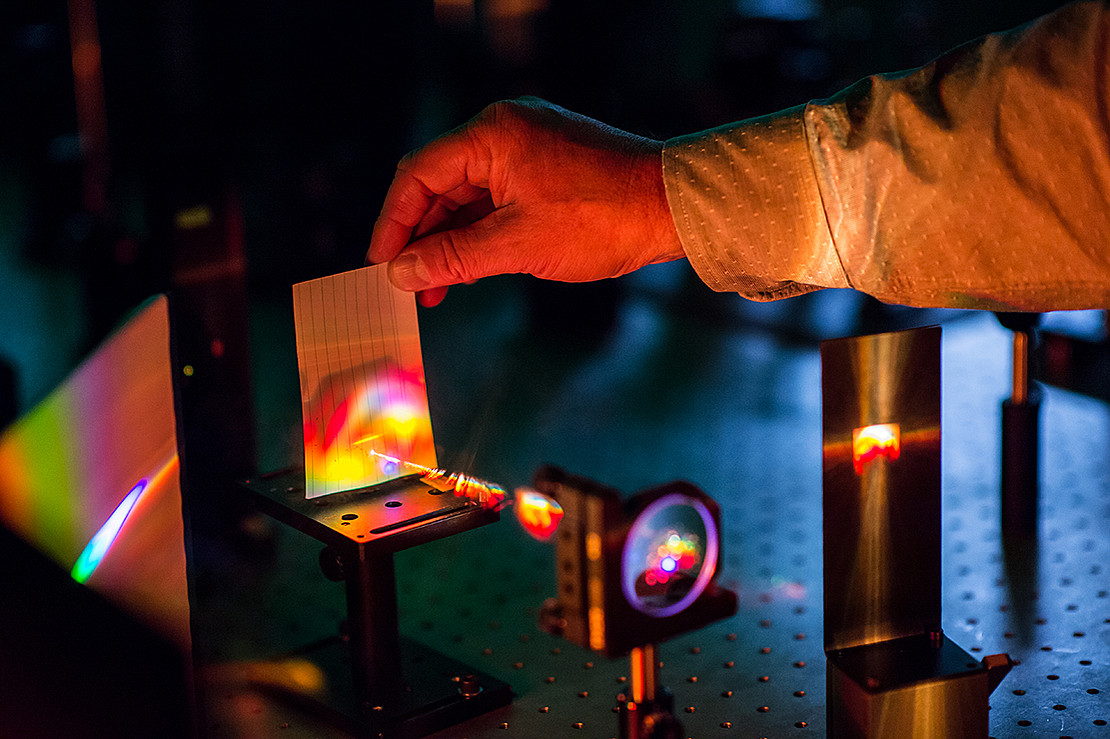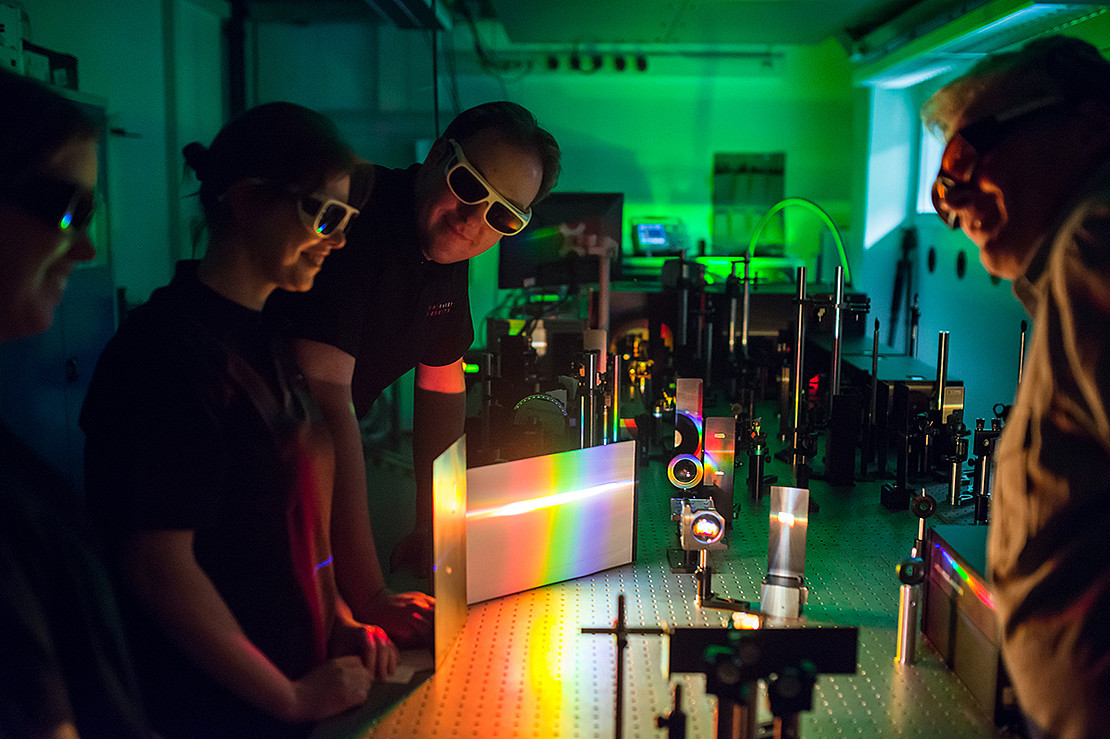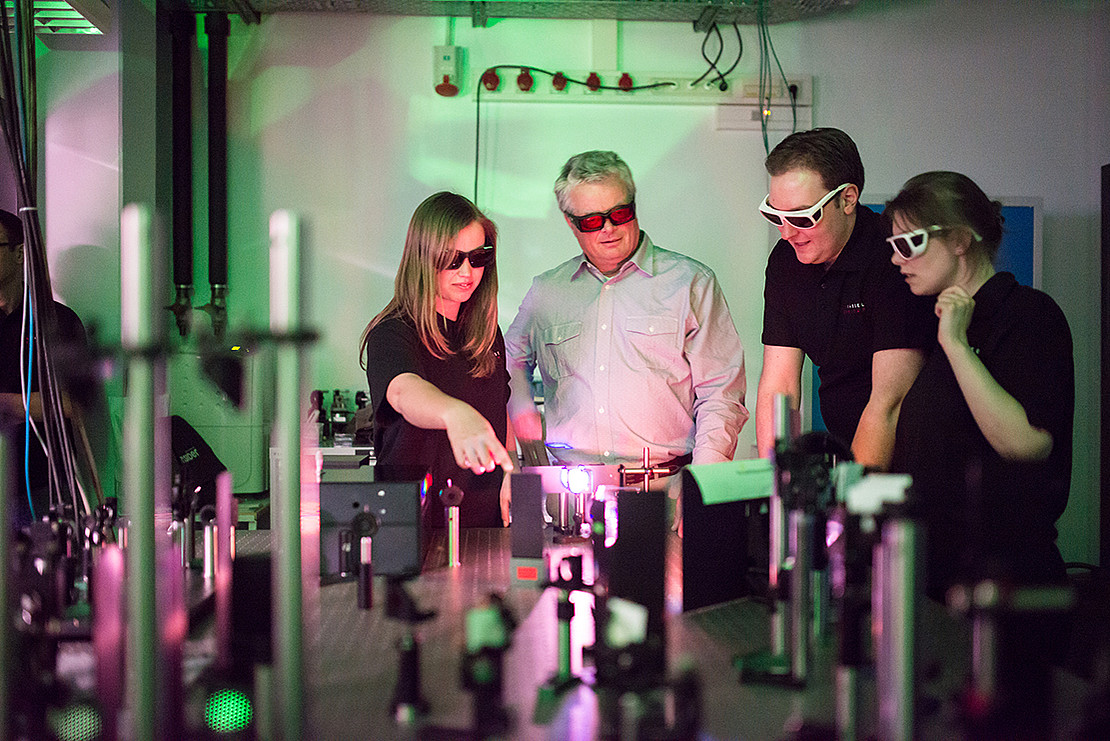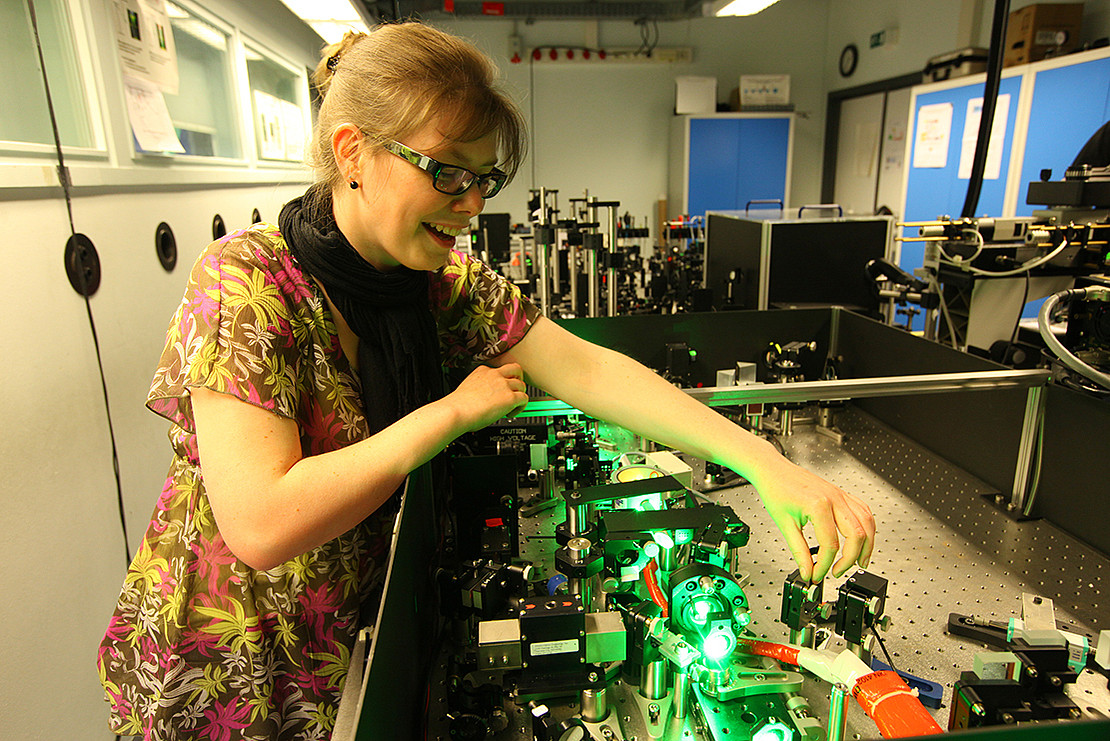Physicists study the smallest elementary particles as well as the vastness of the cosmos. Physics tries to understand nature, to describe it with mathematical models and to make predictions about its behavior. Basically, physics is divided into experimental physics and theoretical physics. Its findings are used, for example, by the engineering sciences to develop technical devices and solutions for the major challenges facing our society.
Students who are committed to the scientific and technical worldview should consider the six-semester bachelor's degree program in physics at the University of Kassel. Admission requirements are the Allgemeine Hochschulreife, the Fachhochschulreife or a corresponding professional qualification (studying without Abitur). The program begins in the winter semester and there are no admission restrictions. For optimal preparation, participation in the preliminary course in mathematics is recommended. The course content of the bachelor's program is based on the subject classification of physics. These include mechanics, electro- and thermodynamics, atomic and molecular physics, nuclear and elementary particle physics, laboratory astrophysics and quantum mechanics.
In parallel, students acquire mathematical skills that are essential for the study of physics. A good command of English, if possible, facilitates the handling of technical literature. The majority of bachelor's degree students then go on to study for a master's degree. Career prospects in industry, business and research are attractive and, on the whole, not very susceptible to economic cycles.



